This website uses cookies so that we can provide you with the best user experience possible. Cookie information is stored in your browser and performs functions such as recognising you when you return to our website and helping our team to understand which sections of the website you find most interesting and useful.
-
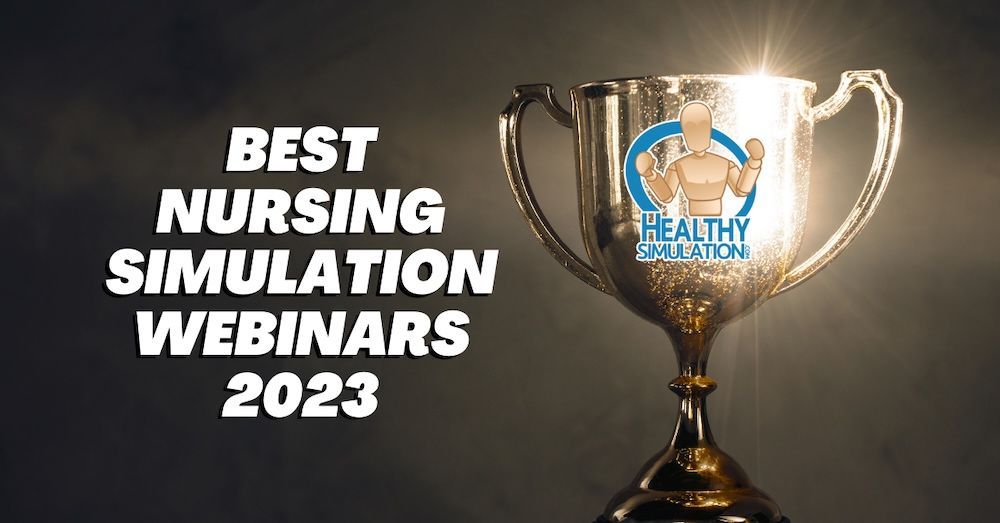
Best Nursing Simulation Webinars of 2023
In 2023 HealthySimulation.com hosted over a hundred healthcare simulation webinars, many of which focused specifically on nursing simulation. Here then…
-

Most Watched Nursing Simulation CE Webinars
Nursing Simulation is becoming a must-know skill set for nursing educators and clinical nurse trainers. To advance the field of…
-

Watch All #IMSH2023 Healthcare Simulation Industry Press Box Interviews
Each year, healthcare simulation leaders gather at the International Meeting for Simulation in Healthcare (#IMSH2023) to showcase their products and…
-

Top 25 Healthcare Simulation Articles of 2022
Last year, HealthySimulation.com published hundreds of healthcare simulation articles to help keep simulation educators and learners across the globe informed…
-
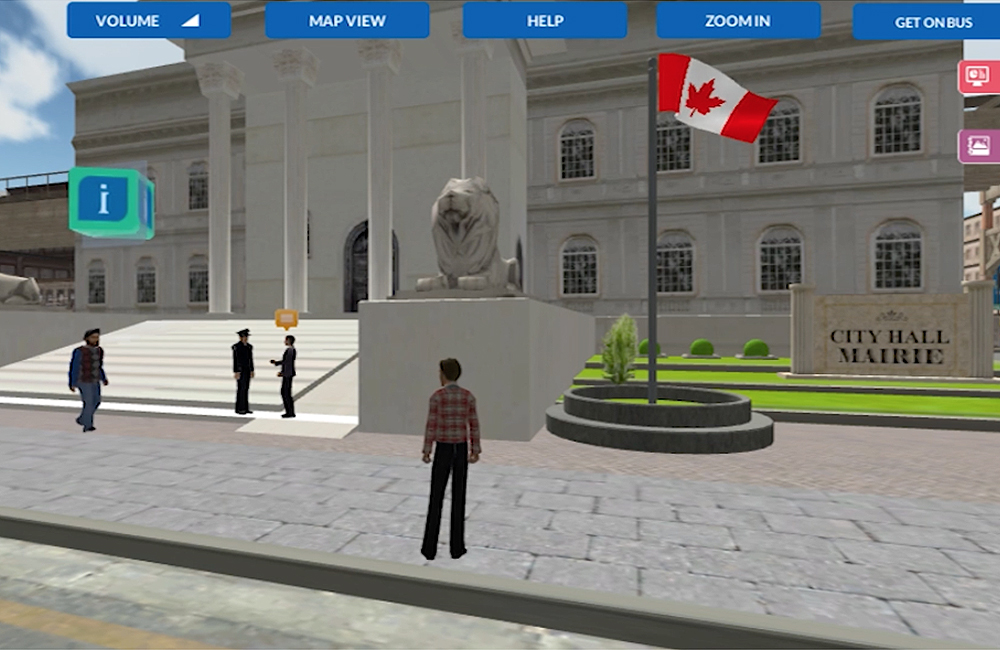
Sentinel City Produces Positive Learning Outcomes for Nursing Students, Study Finds
The goal of healthcare simulation has always been to improve education and training amongst medical professionals to ultimately improve patient…
-
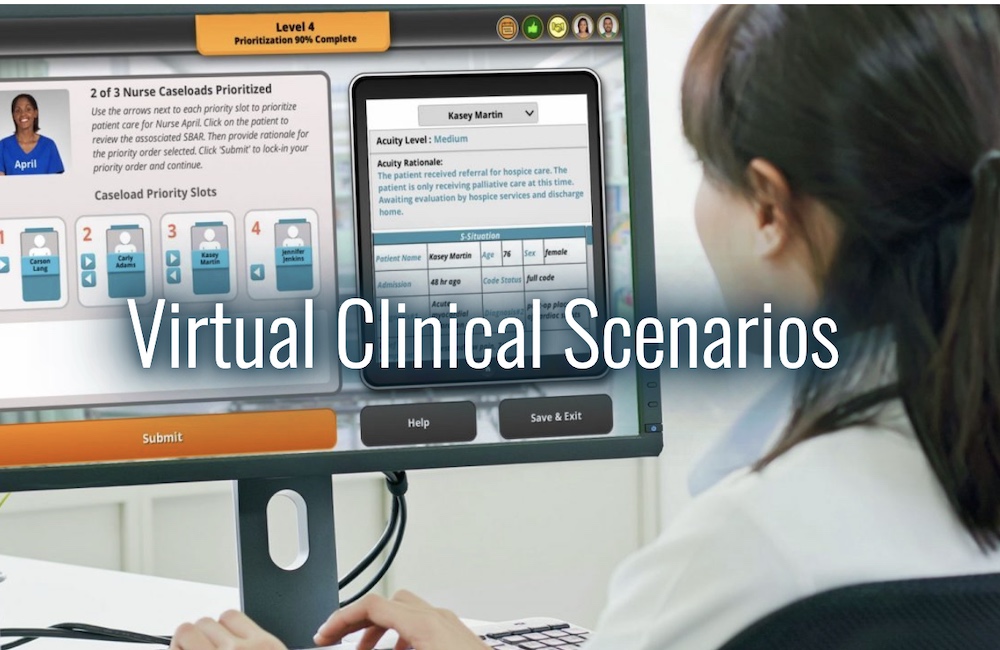
Immersive Virtual Clinical Simulations Transform Nursing Education
The push to find new ways to facilitate virtual nursing education programs following COVID-19 has led to an increased demand…
-
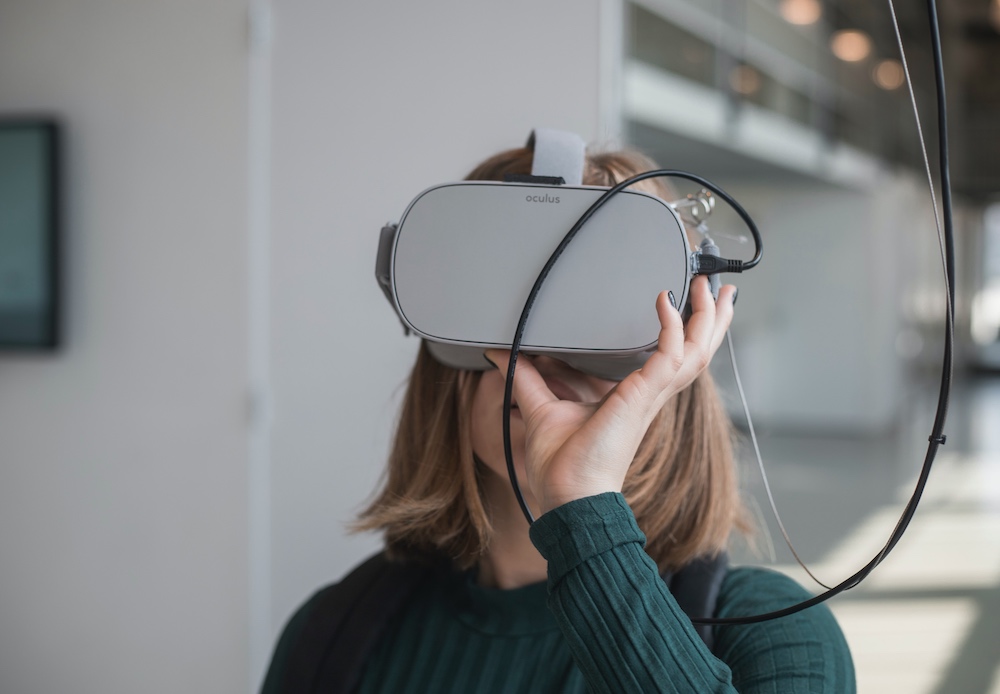
Why Nursing Educators Will Continue Using Virtual Simulation After the Pandemic
During COVID-19, nursing simulation faculty and staff quickly realized that virtual reality in simulation is where the industry’s future is…
-
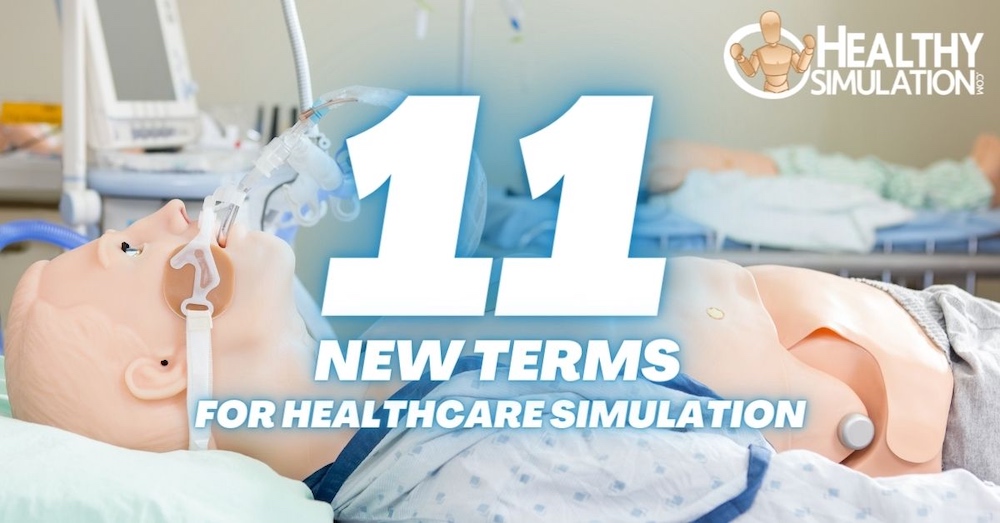
11 Medical Simulation Keywords You Need to Know About
Continuing HealthySimulation.com’s coverage of Medical Simulation companies you need to know about, today we cover 11 more healthcare simulation vendors…
-
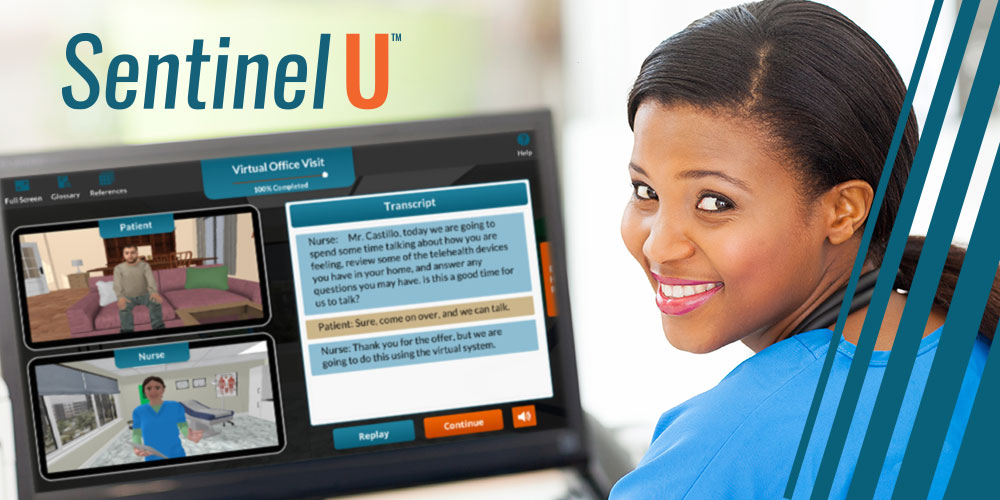
Sentinel U Launches Interprofessional Teams Virtual Simulation Series for Nursing
Long before the world was grappling with the coronavirus pandemic, nursing schools across the country were embracing virtual nursing through…
-
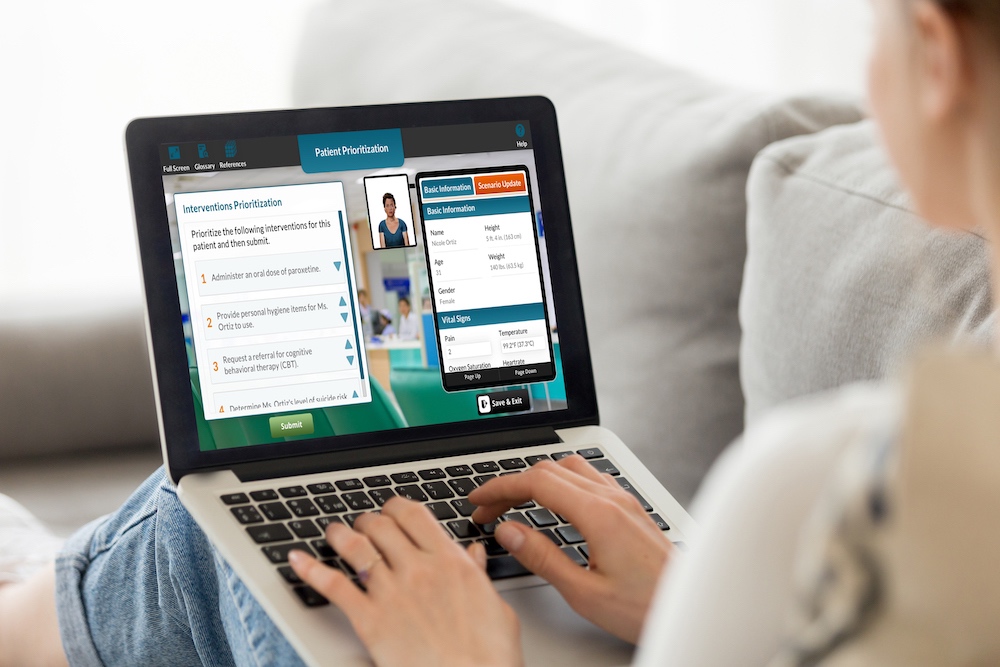
NEW! Sentinel U’s Virtual Clinicals for Hard-to-Find In-Person Specialty Areas
Due to COVID-19, every healthcare education institution and medical training department in the world has had to look for innovative…
-

Sentinel U Offers Virtually Endless Clinicals for Future and Practicing Nurses
A division of American Sentinel University, formerly known as Healthcare Learning Innovations, Sentinel U now offers a comprehensive portfolio filled…
-
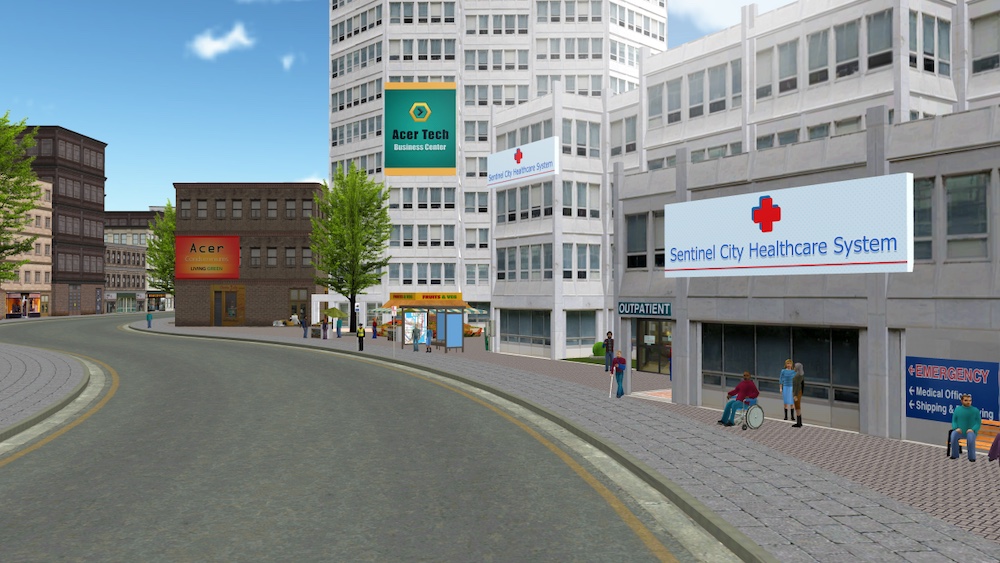
Use Cases for Nursing Simulation in Urban & Rural Community Health Education
When teaching urban community health programs or rural community health students, Healthcare Simulation provides many benefits that should be considered.…

